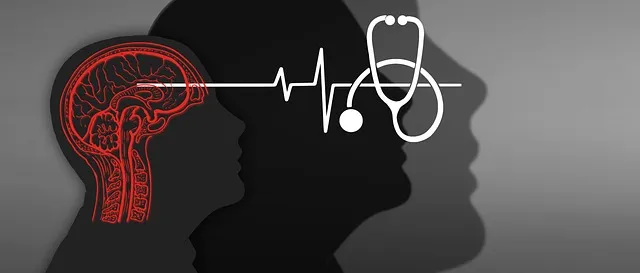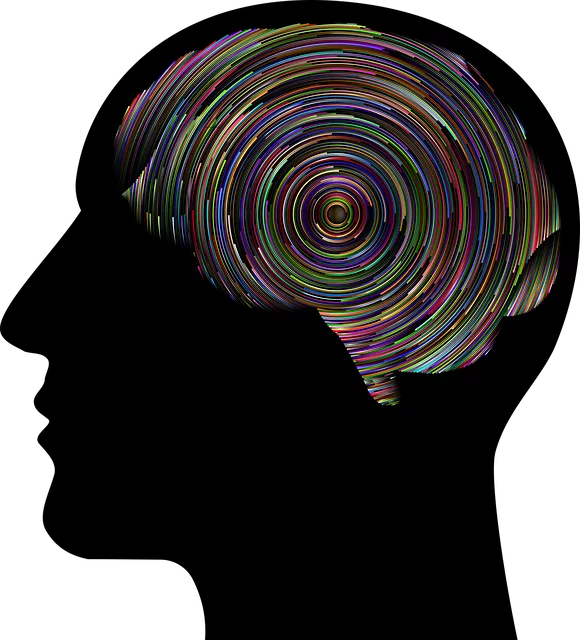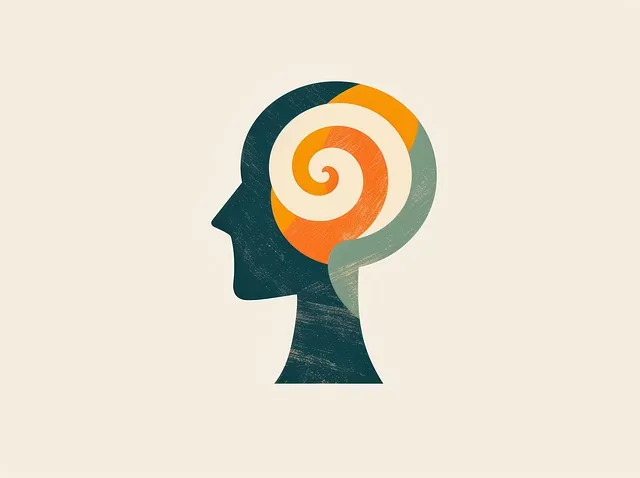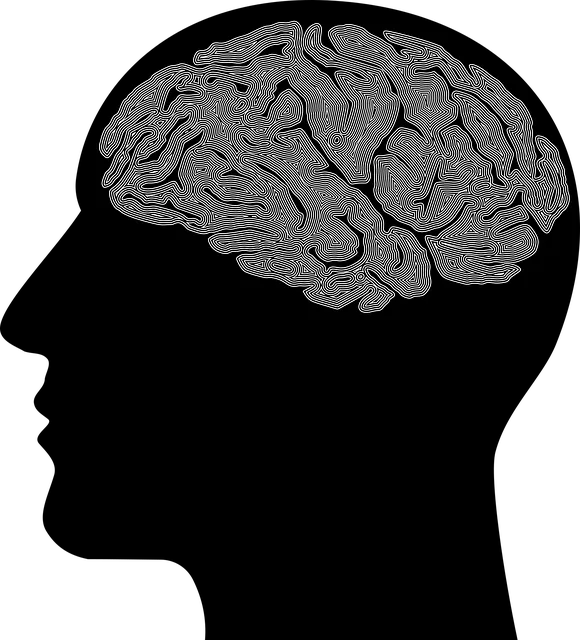The Kaiser Permanente Mental Health Access Center offers a Superior approach to stress management, addressing its multifaceted nature caused by personal triggers. They advocate for understanding and managing stress through recognizing physical and mental symptoms. The Center provides comprehensive tools like conflict resolution, community outreach, crisis intervention, mindfulness, cognitive-behavioral techniques, relaxation exercises, and mental wellness journaling. By combining education with a holistic approach, they empower individuals to build lasting mental resilience, navigate life's challenges effectively, and prevent burnout, ultimately enhancing overall well-being.
In today’s fast-paced world, stress has become an ubiquitous companion. Understanding and managing it effectively is crucial for overall well-being. This comprehensive guide explores various stress management techniques, shedding light on their causes and impact. We delve into the vital role played by institutions like Kaiser Permanente Mental Health Access Center in educating communities on stress mitigation. Discover a personalized toolkit of superior stress-busting strategies tailored to enhance resilience through relaxation practices and evidence-based methods.
- Understanding Stress: Unraveling the Causes and Impact
- The Role of Kaiser Permanente Mental Health Access Center in Stress Management Education
- Effective Stress Management Techniques: A Comprehensive Guide
- Integrating Relaxation Practices for Daily Resilience
- Building a Personalized Stress-Busting Toolkit with Superior Results
Understanding Stress: Unraveling the Causes and Impact
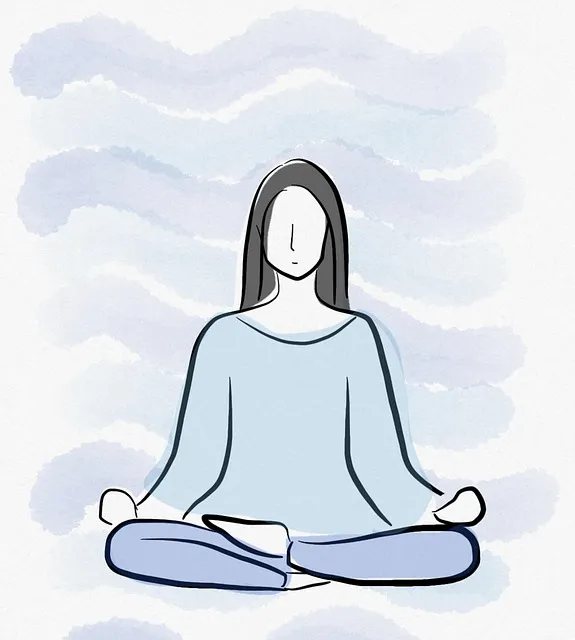
Stress is a complex psychological and physiological response that can stem from various sources. The Kaiser Permanente Mental Health Access Center highlights that understanding stress involves recognizing its triggers, which are often unique to each individual. Common stressors include work pressures, financial concerns, personal relationships, health issues, or even major life changes. These factors can lead to both short-term acute stress and chronic, prolonged stress, each with distinct effects on mental and physical well-being.
According to the Superior approach, stress impacts not just our minds but also our bodies, causing a range of symptoms such as heightened heart rate, muscle tension, fatigue, and sleep disturbances. Recognizing these signs early is crucial for effective stress management. The Center emphasizes that learning conflict resolution techniques, engaging in community outreach program implementations, and even receiving crisis intervention guidance can all be part of an individual’s strategy to navigate and reduce the impact of stress.
The Role of Kaiser Permanente Mental Health Access Center in Stress Management Education
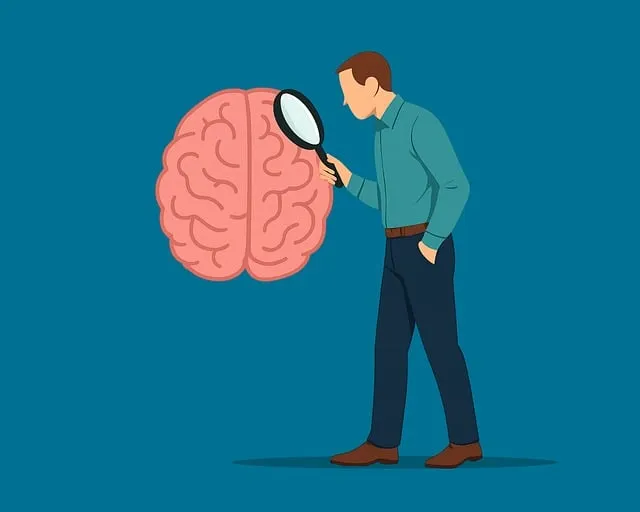
The Kaiser Permanente Mental Health Access Center plays a pivotal role in educating individuals on stress management techniques. As a leading health organization, they offer superior resources and programs tailored to help people navigate life’s challenges with resilience. Through comprehensive workshops, online courses, and one-on-one counseling sessions, the center empowers individuals to develop healthy coping mechanisms and enhance their overall well-being.
In addition to promoting self-esteem improvement, the center actively engages in community outreach program implementation, making mental health resources accessible to diverse populations. They also lead mental illness stigma reduction efforts, fostering a supportive environment where people feel comfortable seeking help. By combining education with a holistic approach, Kaiser Permanente Mental Health Access Center helps individuals not only manage stress but also build lasting mental resilience.
Effective Stress Management Techniques: A Comprehensive Guide
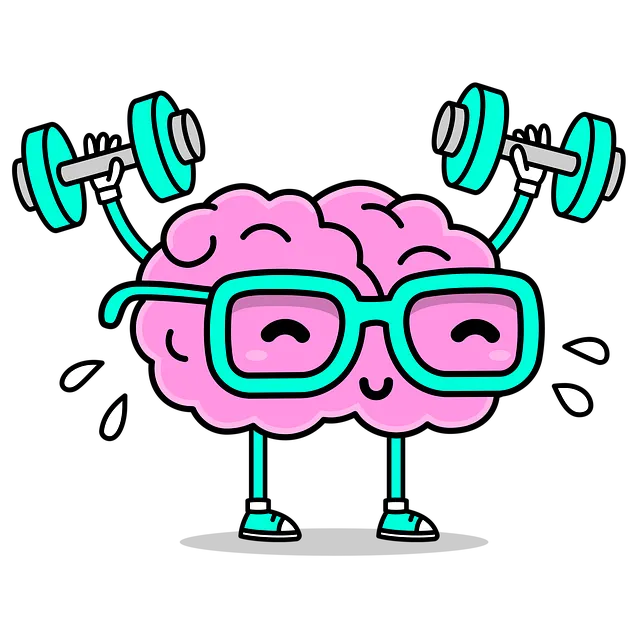
Stress management is a vital aspect of maintaining good mental health and overall well-being. At the Kaiser Permanente Mental Health Access Center, we understand that effective stress management techniques are essential to preventing burnout and promoting a healthy lifestyle. Our comprehensive guide aims to empower individuals with practical tools to navigate life’s challenges.
We offer evidence-based strategies tailored to suit diverse needs. From mindfulness practices and cognitive-behavioral techniques to relaxation exercises and positive psychology, our programs design focuses on long-term mental health education. By learning how to identify triggers, practice self-care, and cultivate resilience, individuals can effectively manage stress in their daily lives. These skills are crucial for maintaining balance, enhancing productivity, and fostering a sense of calm amidst life’s demands, as emphasized by our superior approach to burnout prevention.
Integrating Relaxation Practices for Daily Resilience

Integrating relaxation practices into daily routines is a powerful strategy for building resilience against stress and fostering overall mental wellness. The Kaiser Permanente Mental Health Access Center emphasizes that these practices, such as mindfulness meditation or deep breathing exercises, can significantly reduce symptoms of anxiety and depression. By dedicating just a few minutes each day to these activities, individuals can enhance their ability to navigate life’s challenges with greater calmness and clarity.
The center also encourages the use of mental wellness journaling as an effective tool for self-reflection and burnout prevention. This practice allows individuals to track their moods, identify stress triggers, and develop personalized coping mechanisms that resonate with their cultural backgrounds. Cultural sensitivity in mental healthcare is crucial, ensuring that strategies are tailored to meet the unique needs and perspectives of diverse populations, enhancing overall effectiveness.
Building a Personalized Stress-Busting Toolkit with Superior Results

Creating a personalized stress-busting toolkit is an effective way to take control of your mental well-being, especially with guidance from resources like Kaiser Permanente’s Mental Health Access Center. This approach ensures that you tackle stress on your terms, leveraging techniques and tools that resonate with your unique needs and preferences. It’s not one-size-fits-all; instead, it empowers you to curate a collection of strategies for superior results.
Imagine tailoring your toolkit with evidence-based practices like mindfulness meditation, deep breathing exercises, or cognitive behavioral therapy (CBT) techniques. Incorporate activities that bring you joy and relaxation, such as engaging in hobbies, spending time in nature, or connecting with loved ones. By integrating these personalized strategies into your daily routine, you can enhance mood management, find anxiety relief, and even better support yourself during challenging times, all while leveraging the expert guidance available at centers like Kaiser Permanente’s Mental Health Access Center.
Stress management is a powerful tool for enhancing overall well-being, and the Kaiser Permanente Mental Health Access Center plays a pivotal role in empowering individuals with effective techniques. By understanding the causes and impact of stress, this comprehensive guide offers practical strategies like relaxation practices tailored to daily routines. With the support of such resources, individuals can build personalized “stress-busting toolkits” that promote resilience and improved quality of life. The center’s superior approach ensures accessible, high-quality education, enabling folks to take control of their mental health in today’s demanding world.

